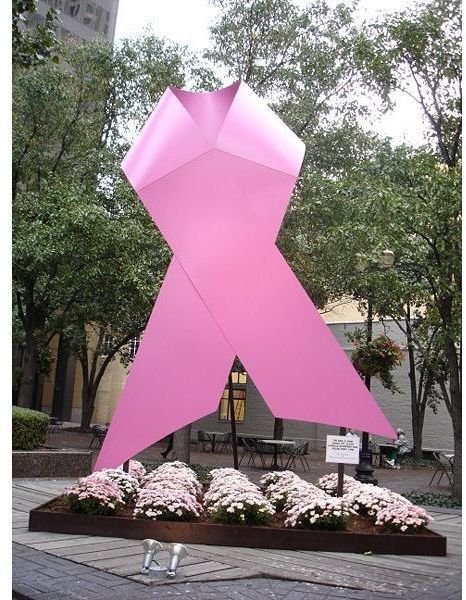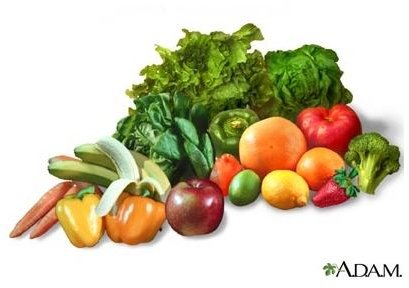Learn Ways to Prevent Breast Cancer Naturally
Risk Factors

Gender. More than 190,000 women in the United States are diagnosed with breast cancer each year compared to 1,500 men.
Age. Nearly 80% of women with breast cancer are over the age of 50. Men normally develop it between the ages of 60 and 70.
Race. Caucasians have a higher chance of developing breast cancer than African-Americans, Hispanics, and Asians.
Family history. Those who have a mother, sister, daughter, or male relative with breast cancer have a greater chance of developing it. The risk is even higher for those who have more than one relative and for those who relatives were diagnosed before reaching menopause.
Personal history. If cancer appears in one breast, the likelihood of it occurring in the other breast is greater.
Early menarche. Girls who start their menstrual cycle before the age of 12 are at a greater risk of getting breast cancer, most likely due to early exposure of estrogen.
Late menopause. Women entering menopause after the age of 55 have a higher chance of developing breast cancer probably because of prolonged exposure of estrogen.
Parity. Women who have never been pregnant and women who have had their first child after the age of 30 are more at risk.
Other risk factors include:
- hormone therapy
- exposure to pesticides
- obesity
- sedentary lifestyle
- smoking
- excessive alcohol (greater than one drink per day, according to the American Cancer Society).
Birth control pills, bras, and unnecessary antibiotics may be risk factors for breast cancer.
Ways to Prevent Breast Cancer

Besides avoiding the above risk factors (the ones that can be avoided), diet plays an important role in preventing breast cancer.
Healthy Foods to Add to Your Diet:
Soy. Soy foods contain isoflavones (weak estrogens) that bind to estrogen receptors, blocking the body’s more powerful estrogens from stimulating cancer cells. Avoid supplements and processed foods made with isolated soy protein or soy isolate. It is best to eat whole soy foods such as soy milk or tofu.
Garlic, onions, and fiber. In one study[1], all three of these taken in greater amounts were shown to significantly reduce the risk of getting breast cancer.
Fruits and vegetables. 6-8 servings per day is ideal when trying to prevent breast cancer. If you have a hard time meeting this quota, consider juicing. This way, you can combine 2-3 servings into one glass.
Fruits and vegetables that are especially beneficial include baby carrots, broccoli, cabbage, cauliflower, turnips, turnip greens, radish, beets, rutabaga, spinach, tomatoes, concord grapes, dark cherries, and apples.
Orange and lemon peels. The white membranes and peels of oranges and lemons contain a compound called limonoids which inhibited breast cancer in test tubes. You can buy herbal teas with orange and lemon peels.
Green tea. Polyphenols and epigallocatechin-3-gallate (EGCG) in green tea protect the body from free radicals which can lead to breast cancer.
Cold water fish, flaxseed, olive oil, beans, and lentils are also beneficial in preventing breast cancer.
Foods to Avoid:
- animal fats
- hydrogenated oils
- processed foods
- artificial colors
- food additives
- growth hormone-treated foods
- charcoal broiled and smoked foods
- salt-pickled and salt-cured foods.
Do monthly self breast exams for early detection. This is especially important for those who have one or more of the above risk factors for breast cancer.
References
[1] European Journal of Epidemiology 1998; 14(8):737–747
Photo Credit
Pink ribbon image courtesy of https://commons.wikimedia.org/wiki/File:Breast_Cancer_Awareness_%28263497131%29.jpg
Fruit & vegetable image courtesy of the National Library of Medicine (NLM)
Disclaimer
Please read this disclaimer regarding the information contained within this article.